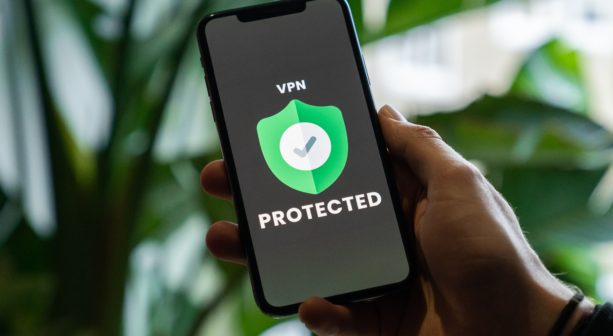Securing Small Business with Virtual Private Networks

Does your company need a Virtual Private Network? Not sure, because you don’t know what a VPN even is, or how it’ll even help?
You’re not alone. Fortunately, we can help explain without the need to break out the text book.
For as long as VPNs have been around, a certain shroud of mystery around them remains in the public consciousness. After all, the public just wants their Internet to work, and they want easy access. Take care of those two things and they’ll gladly forgo worrying about such minutia as security and identity theft. That’s partly the problem when it comes to implementing VPNs, many believe if it isn’t broken, it doesn’t need to be fixed. That is, until they’re hacked. Until they’ve lost their money, time, and/or business.
A VPN, as its acronym suggests, is a secured, hidden virtual network, within the public network – otherwise known as the Internet. Without a VPN, any traffic over the Internet, where it’s coming from, and where it’s going can be intercepted and tracked. Company databases, or information in general, with open door access to the Internet is vulnerable even when secured behind passwords and logins. Those with interest in accessing this data have ways to spoof or duplicate seemingly friendly computers or users in order to gain entry.
This is due to the very nature of how the Internet, or networks in general, work. It’s basically one device saying, “Hi everyone, I’m Company XYZ’s router, I have these devices connected to me, and I’m transferring data from our database to this device and user across the city. What’s the best path?” If that request is answered by a “man in the middle”, that person can pretend to be the data’s destination because they know where it’s coming from, and where it’s going. It’s hacking 101.
With more and more offices transitioning to operating either full-time or part-time remotely, and companies choosing “bring your own device” policies, companies have never been more vulnerable to security breaches. And this can be game ending for a small business.
A VPN, however, masks your company’s traffic like a cloaking device, encrypting and hiding the source of data, where it is going, and who it is going to, despite the fact that these devices are all connecting through the most public of connections, the Internet. Someone trying to access a VPN over the internet is going to have a hard time, because for all intents and purposes, that VPN is invisible to all but a very specific group of people or devices. It’s really that simple. And it’s basic security implementation all Internet-using organizations should follow.
So, whether you have 5 employees, or 500, VPNs are essential for securely accessing data over a public network. Still not sure? We’re only a phone call or email away from helping.